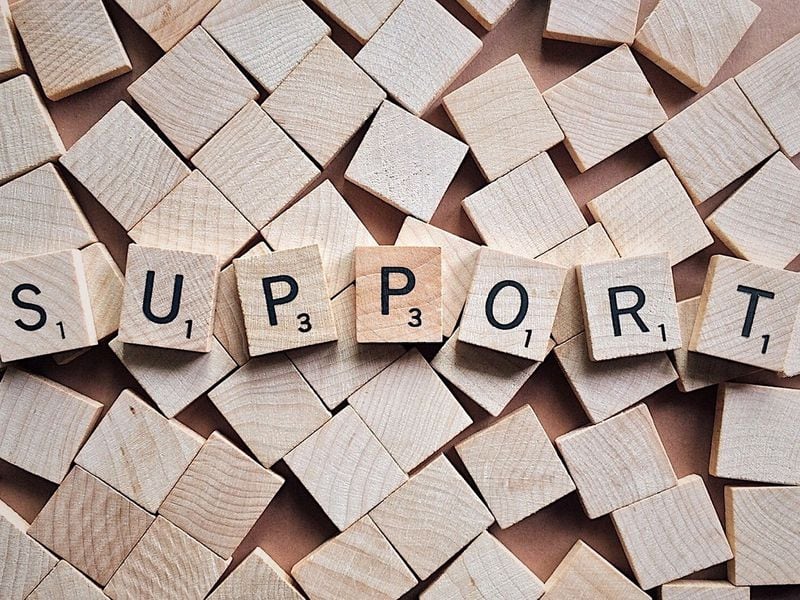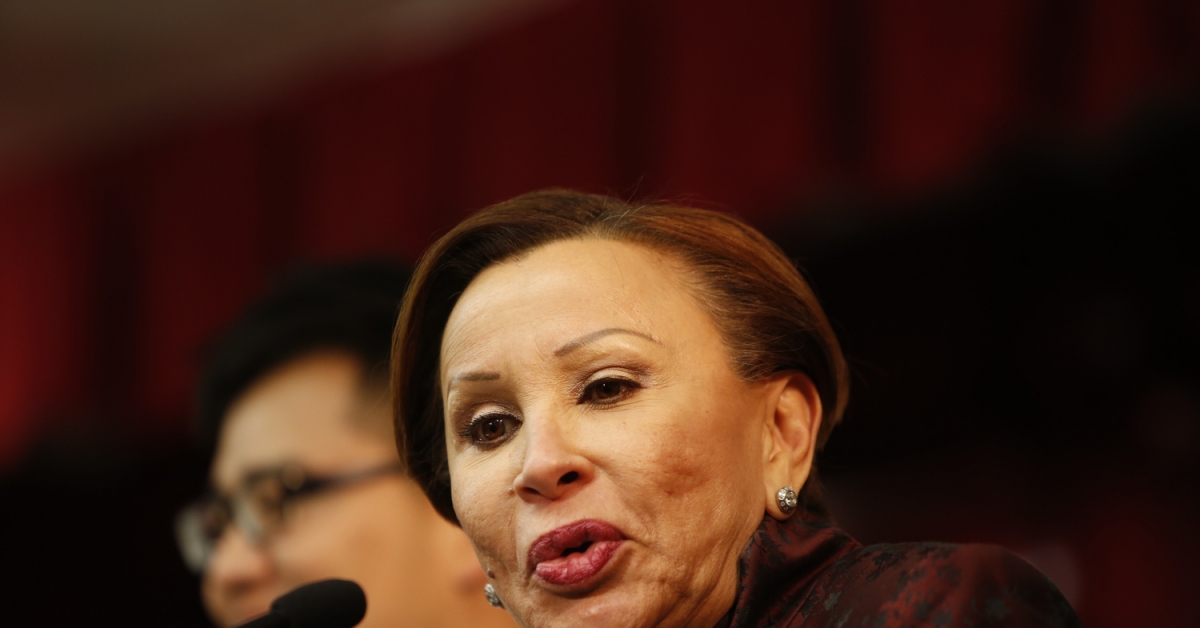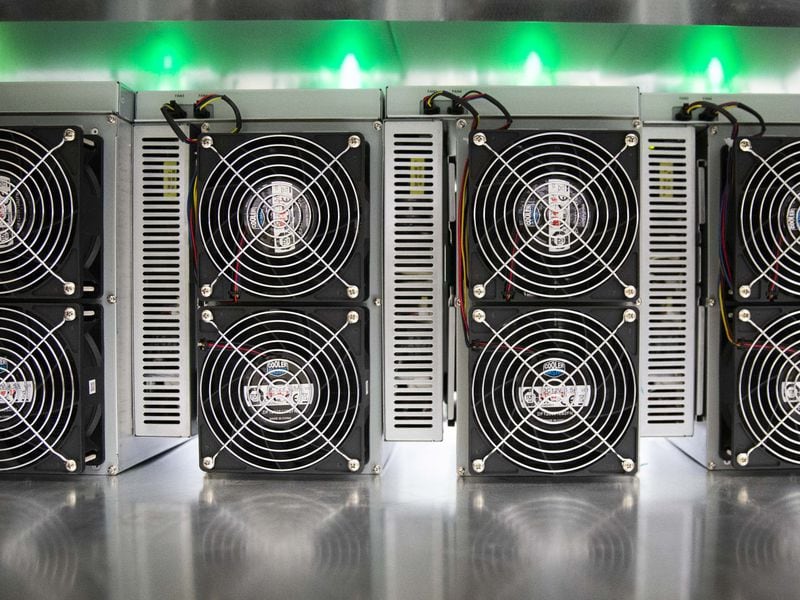Ether.Fi to Launch Visa ‘Cash’ Card on Scroll Network
Blockchain technology has been around for over a decade now, but it has arguably failed to find many mainstream use cases beyond speculative investment and simple peer-to-peer transactions.
Ether.fi, best known for its liquid restaking service, wants to change all that with a new blockchain-based credit card, Ether.fi Cash. It announced on Monday a plan to work with Scroll, a layer 2 network on Ethereum, to bring the credit card to market.
Ether.fi Cash would enable users to spend fiat while using their crypto assets as collateral, allowing people to hold onto crypto and earn yield while making everyday purchases. The card is currently in use internally at Ether.fi and will start shipping out to pre-order customers on Sept. 16.
The partnership with Scroll aims to enhance cardholder transaction efficiency and provide a range of crypto-based rewards.
In an interview with CoinDesk, Sandy Peng, Scroll’s co-founder, stressed that the network hosts one of the largest markets for the Aave lending platform: “If you put 10 Ethereum into Aave and you use this credit card, then for you it’s going to be the cheapest credit card in the world that you can find,” she said.
According to a press release from Ether.fi, which has opened the card for pre-orders, Cash users will benefit from a 3% cash-back incentive on all transactions, without restrictions. The card, which will be issued as a physical Visa credit card, is designed to be compatible with mobile payment providers like Apple Pay.
“The first, probably 10 to 20,000 people, are going to be crypto ‘degens,’ like DeFi, crazy people,” said Ether.fi co-founder Mike Silagadze. DeFi is short for “decentralized finance” and refers to blockchain-based tools for investing without middlemen.
Scroll operates a zero-knowledge rollup on top of the Ethereum blockchain—a kind of sister blockchain that allows users to transact cheaply.
As Cash’s settlement layer, Scroll will power Cash’s DeFi lending and borrowing features, allowing users to leverage their crypto assets as collateral for purchases made using the card.
The companies told CoinDesk that Scroll was selected as the settlement layer for Ether.fi Cash in part because of its potential to reduce gas fees, making gasless transactions possible for Ether.fi Cash cardholders. According to Peng, Scroll’s chain abstraction features – which will power the gasless transactions – will allow people to use Cash without paying mind to which particular blockchain they’re using.
“No one cares about what chain you’re on, people just care about whether it’s a good product,” said Peng.
The card won’t be available in the United States, at least for the time being – likely as a result of the decentralized finance industry’s shaky regulatory standing in the country. The “tentative” list of countries that will receive Ether.fi’s new credit card include, the UK, Hong Kong, UEA, Thailand, Brazil, Turkey, France, Germany, Italy, Portugal, Spain, Denmark, Estonia, Netherlands, Poland and Czech Republic, Silagadze told CoinDesk.
Ether.fi Cash is not the crypto industry’s first stab at creating a credit card, and previous efforts have failed to break through into the mainstream. Ether.fi and Scroll hope that things will be different this time around.
Silagadze’s ultimate goal is to appeal to non-crypto users. “There’s just no other card that gives you 3% cash-back without crazy restrictions,” he said.
“I think it’s the first time I’ve been able to get my friends who are outside of crypto interested” in a crypto product, Peng added. “It’s genuinely a better credit card product” rather than just “a better crypto product.”
Edited by Bradley Keoun.
Disclosure
Please note that our
privacy policy,
terms of use,
cookies,
and
do not sell my personal information
has been updated
.
CoinDesk is an
award-winning
media outlet that covers the cryptocurrency industry. Its journalists abide by a
strict set of editorial policies.
In November 2023
, CoinDesk was acquired
by the Bullish group, owner of
Bullish,
a regulated, digital assets exchange. The Bullish group is majority-owned by
Block.one; both companies have
interests
in a variety of blockchain and digital asset businesses and significant holdings of digital assets, including bitcoin.
CoinDesk operates as an independent subsidiary with an editorial committee to protect journalistic independence. CoinDesk employees, including journalists, may receive options in the Bullish group as part of their compensation.
:format(jpg)/s3.amazonaws.com/arc-authors/coindesk/cbcc0277-9d05-4660-9621-36754d5237a8.png)
Sam is CoinDesk’s deputy managing editor for tech and protocols. He reports on decentralized technology, infrastructure and governance. He owns ETH and BTC.
Follow @skesslr on Twitter









